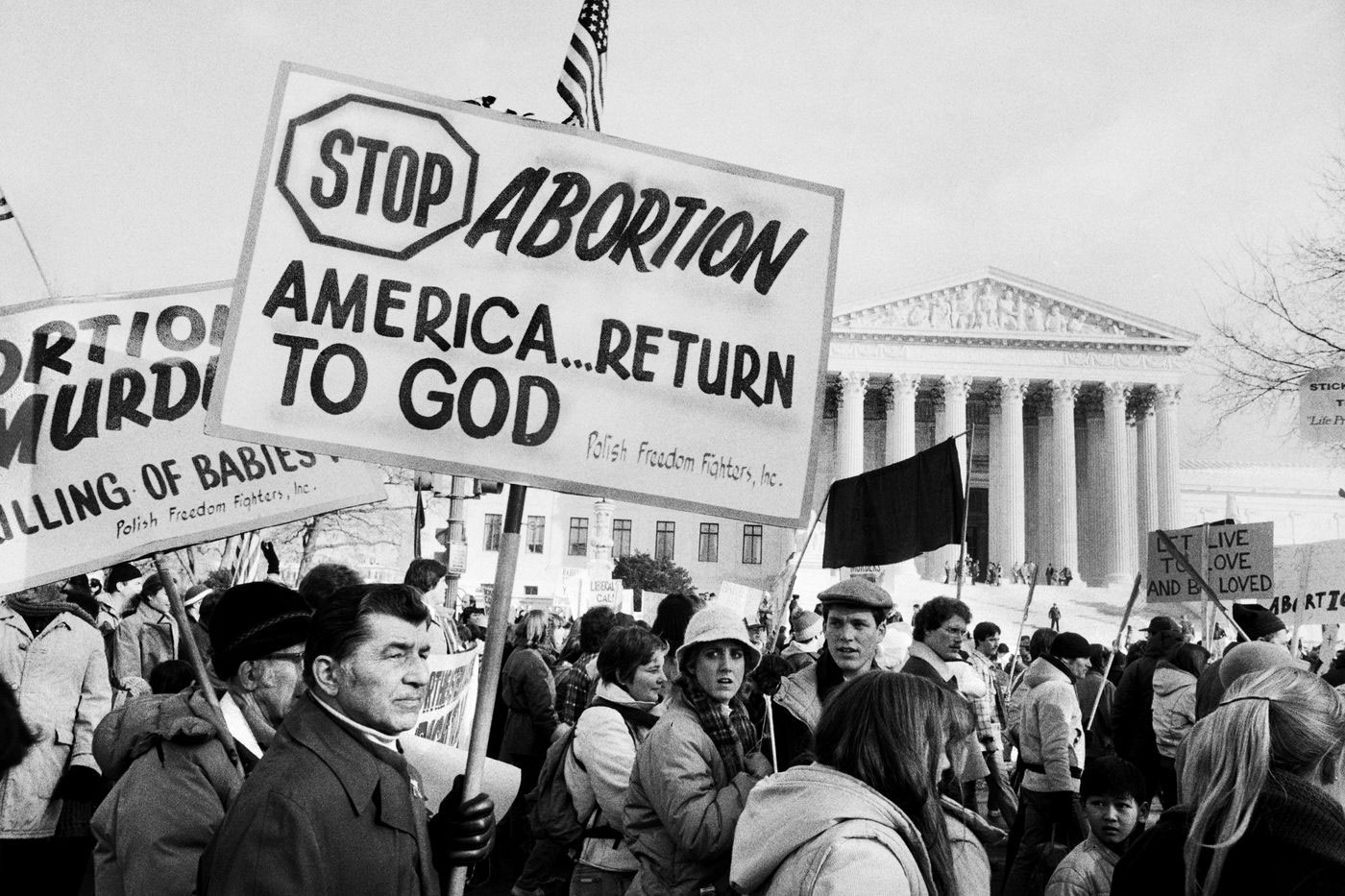
Abortion has been a topic of heated debate, and many use the Bible to argue both for and against it. But as we delve into the text and its deeper meanings, a clear, consistent case emerges: the Bible values life from the moment of conception, and abortion stands in direct contradiction to this sacred truth. While some argue the Bible is ambiguous on this issue, the context and interpretation of scripture show otherwise.
One common argument for abortion points to verses like Exodus 21:22, which some claim treats a fetus as property rather than life. In this verse, if a miscarriage is caused by external force, the offender pays a fine, implying, according to this view, that the fetus is not considered fully human. Furthermore, Deuteronomy 22 demands fines to be paid to the father of a girl who is violated, likening the loss of virginity to the loss of property. Some also refer to Genesis 2:7, which says life begins with the first breath, suggesting that life only starts outside the womb.
However, these interpretations miss the broader context of Scripture and the sanctity of life that God consistently upholds.
In Luke 1:41-44, we see a powerful moment: the unborn John the Baptist leaps in his mother’s womb at the sound of Mary’s voice. The text refers to him not as a “fetus,” but as a “baby” (Greek: brephos), a word used interchangeably for infants both inside and outside the womb. This underscores a fundamental truth that life inside the womb is as precious as life outside of it. John, still in his mother’s womb, responds to the presence of the Holy Spirit, showing a clear awareness and sensitivity to God’s divine presence.
This passage offers an undeniable message: children in the womb are valued and known by God. They are not mere collections of cells but are fully alive, sensitive to the Spirit, and part of God’s creation.
The argument that Exodus 21:22 sees a fetus as mere property misinterprets the text. Even if there is a debate over whether the verse refers to a miscarriage or premature birth, the fact remains that causing harm to an unborn child is viewed as a serious offense. The Old Testament often uses fines for injuries where life isn’t directly taken, but this doesn’t negate the humanity of the fetus. Instead, it points to the legal customs of the time.
Genesis 2:7, often cited as proof that life begins with the first breath, refers to the unique creation of Adam, not the beginning of life for every human being. Adam was formed from the dust and given breath directly by God—a one-time event that cannot be generalized to all humanity. The Bible consistently affirms that life begins at conception, with God knowing us before we are even born. Jeremiah 1:5 states, “Before I formed you in the womb I knew you,” which emphasizes God’s intimate knowledge of every life from the very beginning.
The argument that abortion is not explicitly condemned in Scripture overlooks the larger moral principles that the Bible teaches. Abortion is both a form of murder, as it unjustly takes innocent life, and theft, as it robs a child of the life God intended. To claim that the Bible doesn’t address abortion because it doesn’t explicitly mention it is like saying it doesn’t condemn jumping in front of a train because it’s not explicitly forbidden. The principle of valuing and protecting life is clear throughout Scripture.
At the heart of the abortion debate is a deeper issue: the avoidance of responsibility. Arguments in favor of abortion often try to evade the moral weight of the act by redefining what is considered “life” or “human.” But God has given us clear moral direction, and we are called to protect and value all life, including that of the unborn.
In the end, we cannot dodge the truth. Abortion is both murder and theft—an affront to God’s creation and His design for life. We are called to protect those who cannot protect themselves and to see every life, from conception to natural death, as sacred.
Life begins in the womb, and God’s love and purpose extend even to the smallest, most vulnerable among us. As believers, we must stand firm in defending the sanctity of life and reject the notion that abortion is a moral or justifiable choice.

Leave a Reply